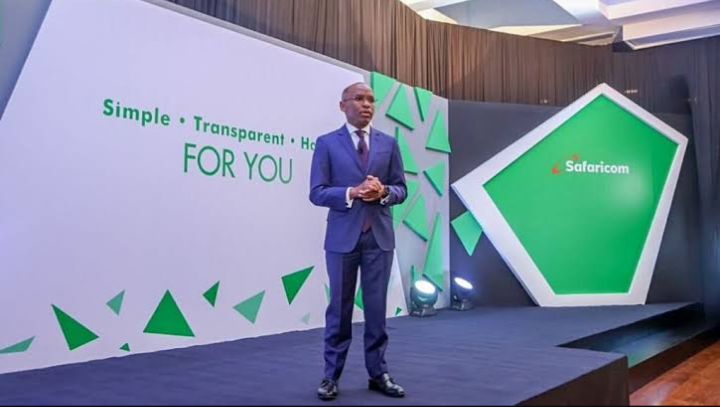The revelation about the Sh104 billion Universal Health Coverage (UHC) digitization project raises serious concerns about government decision-making, transparency, and corporate greed.
Initially projected to cost taxpayers Sh48 billion under Safaricom’s leadership, the project ballooned to Sh104 billion following the inclusion of two questionable companies Konvergenz Network Solutions and the little-known Apeiro Ltd, based in Abu Dhabi.
This move has sparked outrage and raised questions about the true motives behind the drastic change in strategy.
In January, Safaricom was poised to take the lead in the project, as confirmed in a letter by Health Principal Secretary Hillary Kimutai.
However, by June, the narrative shifted drastically. Konvergenz and Apeiro were brought into the consortium, causing costs to spiral to Sh104 billion a figure that now saddles Kenyans with a heavy financial burden for the next decade.
Even more troubling is the revelation that Apeiro, despite being an inexperienced and one-year-old company, will earn a staggering Sh61.9 billion from the deal.
This is over half the total contract value and significantly more than Safaricom, which is projected to earn Sh23.5 billion.
Safaricom’s designation as the leader of the consortium appears to be nothing more than a façade, as the real profits will flow back to Apeiro in Abu Dhabi.

The arrangement is further complicated by Apeiro’s subcontracting of its responsibilities to another firm, Servita Consulting DMCC.
This raises legitimate questions about Apeiro’s capacity and the competence of those involved in approving the company’s role in such a massive project.Konvergenz, the third player in this murky deal, will earn Sh18.6 billion.
While their role remains unclear, the inclusion of these two additional firms has undeniably inflated the project’s cost to an unjustifiable level.
Kenyans, already burdened by rising taxes and a struggling economy, are now being forced to foot the bill for a scheme that could have been executed for half the cost had the original plan with Safaricom been followed.
This situation paints a picture of reckless decision-making and possible collusion within government circles.
How a one-year-old company with no proven track record was allowed to dominate such a crucial national project raises questions about due diligence and accountability.
The lack of transparency surrounding the consortium agreement between Safaricom, Konvergenz, and Apeiro further fuels suspicion of corruption.
The health sector, already plagued with inefficiencies, cannot afford such mismanagement.
It is unacceptable for billions to be siphoned off to foreign entities while public hospitals struggle with inadequate resources. Kenyans deserve answers on why the government abandoned its initial plan for a cheaper and more straightforward approach.
The Ministry of Health and other stakeholders must be held accountable for prioritizing profits over public welfare.
This scandal is a stark reminder of the need for stringent oversight in government procurement processes.
Such opaque deals undermine public trust and highlight the exploitative tendencies of corporations eager to profit at the expense of ordinary citizens.
It is time for Kenyans to demand transparency, fairness, and accountability in how their money is spent.





















Add Comment